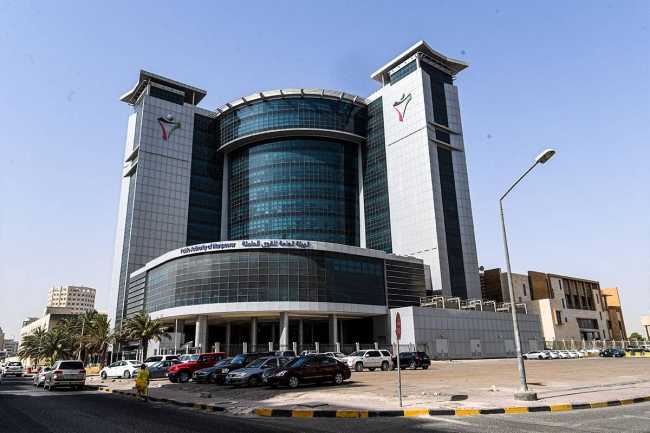19/09/2023
19/09/2023

KUWAIT CITY, Sept 19: Dr. Fahd Murad, the Acting Deputy Director for the Protection Sector Affairs at the Public Authority for Manpower, stated that PAM is currently exploring the feasibility of enabling expatriate workers to transfer their residency directly from one employer to another without requiring the original employer's approval, reports Al-Jarida daily.
This would be permissible if it is confirmed that the sponsor has violated the terms and conditions specified in the employment contract or any provisions of Law No. (6/2010) concerning work in the private sector.
In a press statement during an introductory visual presentation organized by the Authority, Dr. Murad highlighted that the Authority is meticulously studying a set of procedures aimed at facilitating labor transfers between employers.
These procedures are designed to ensure a fair balance, respecting the rights of both employers and employees without infringing upon or overstepping legal boundaries. He emphasized that maintaining equity in the labor equation is a priority for the Authority.
Regarding potential amendments to the Private Labor Law, Dr. Murad clarified that while there haven't been any amendments thus far, the Commission is actively reviewing certain articles. They are collecting information and observations to determine the necessity of amending the law. He noted that the Commission consistently gathers feedback from diplomatic missions' representatives in Kuwait concerning their nationals' labor rights, ensuring a careful and swift response.
Addressing the recruitment of domestic workers, Dr. Murad underscored the government's policy to expand recruitment opportunities beyond a limited number of countries, aiming to accommodate workers from various markets. He revealed plans to sign new memorandums of understanding with several East Asian countries to meet the demand for domestic workers from citizens and residents.
In terms of labor complaints, Dr. Murad mentioned the possibility for both workers and employers to schedule complaint submissions through the authority's electronic platform, streamlining the complaint process. Efforts are underway to enhance the complaint handling procedures and mitigate any delays. Additionally, plans are in progress to create comprehensive individual worker files to aid in resolving labor disputes and disagreements.
Dr. Murad also discussed ongoing efforts to establish a shelter center for male expatriate workers, similar to the existing center for women in the Jleeb area. This initiative is part of a broader strategy to improve shelter services for trafficking victims, with collaboration and coordination with the International Labor Organization for studies, plans, and programs in this area.
Colonel Abdulaziz Al-Kandari, the Colonel in the Residency Affairs Investigations at the Ministry of Interior, highlighted that a recent operation resulted in the apprehension of a company engaged in human trafficking, responsible for bringing in over 2,000 expatriate workers.
The company coerced these workers into obtaining loans and extorted money from them to waive malicious absenteeism reports, ultimately leading to legal actions taken by the Public Prosecution against the perpetrators.


